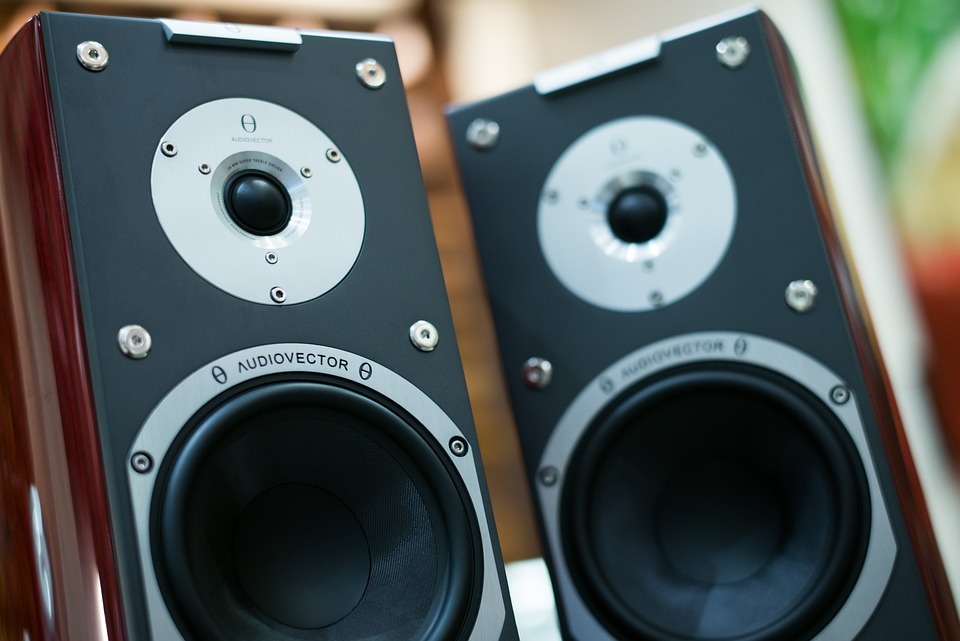Nowadays, it seems like you can play music on just about anything, including your phone, of course; this has caused some people to wonder whether home stereo systems are still relevant. The answer is a resounding yes! If you have ever heard music played on a home stereo system that is at least halfway decent, you already know that there are very few options that come even close to it, if any at all. When you sit back and listen to music on such a marvelous sound system, you experience the music as if it were a live performance and there is no tiny smartphone that can possibly sound that good, no matter how expensive it happens to be! Sure, wireless speakers can be useful too, especially when you go out and just want to hear some good music, but at home, you are always better off turning on your home stereo system…if you want quality that is! A stereo system is usually made up of a stereo receiver, a pair of speakers, and at least one source of music to be able to play. That sounds simple enough, but the fact is that there are quite a few choices out in the market when it comes to high-quality stereo systems.
Parts Of A Stereo System
Perhaps one of the reasons that home stereo systems output such high-quality music is that their components are big and made to sound powerful. Every single part of a home stereo system matters so let’s have a quick look at them.
About Stereo Receivers
The main purpose of a stereo receiver is to take in the music from an audio source and send it out to your Loudspeakers. Stereo receivers generally include an AM/FM radio tuner with a 2-channel power amplifier as well as a preamp section which you can use for source selection, volume, tone, balance, and much more. The more amplification that a stereo receiver is made with will result in a bigger and heavier unit, but you can also expect a lot more power out of it than smaller options in the market.
About Integrated Amplifiers
An integrated amplifier contains an audio preamplifier and a power amplifier. You can think of an integrated amplifier as a receiver that does not include the radio. Some people believe that integrated amplifiers are the way of the future because they have gotten better and better as far as performance goes since manufacturers have done a better job of integrating various sections while bringing down the amount of electrical noise that negatively impacts the overall sound quality, and they might be right.
Build Your Own Or Pre-packaged?
You might think that how many watts a system happens to have the better, but that is not necessarily the case. There are several things to consider here. If you get a system with a huge amount of wattage power, are you actually going to use it? Yet another thing to consider is cost. How much do you want to spend? What about building your own system? If you happen to purchase a pre-packaged home stereo system, you will not have to worry about the finer points of matching speakers and amps; but if you want to put together your own system to enjoy more control over it, you will have to put in more work (and maybe spend more money.) Perhaps the first thing to consider is the amp and speakers that you want at the same time because you want those speakers to be able to handle the power output that the amp is capable of; you will want both to be compatible. If you already have or you choose to buy a small amplifier, you will want to get efficient speakers with a good sensitivity rating; consider the decibels because the higher they are the better the speakers will sound. Remember that more expensive does not necessarily mean better so take a good look at your options so that you choose what’s right for you. In the end, it might just be better to go with a pre-packaged system depending on what your needs are.
Setup Can Make A Considerable Difference
How you set up your speakers can and will impact the results that you end up with. Experts would agree that a home stereo system’s speakers are best used in an equilateral triangle listening position, meaning that they should be as far apart from one another as from the person listening to them.

